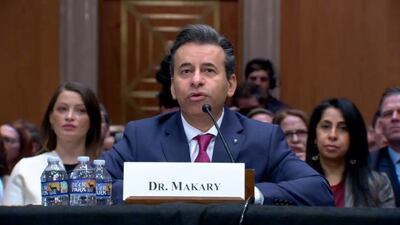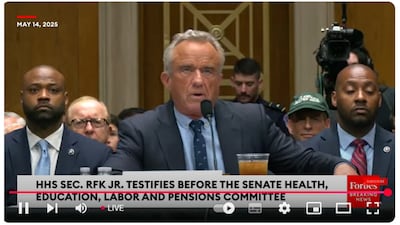Device-makers repeatedly inspected by the same US FDA investigators run the risk of making poor-quality products and conducting costly recalls. That's the conclusion of a study conducted by business and management professors at the University of Wisconsin, Indiana University and the University of Minnesota.
A 17-page paper published in August in the journal Manufacturing & Service Operations Management details the study, titled "Do Plant Inspections Predict Future Quality? The Role of Investigator Experience
Read the full article – start your free trial today!
Join thousands of industry professionals who rely on Medtech Insight for daily insights
- Start your 7-day free trial
- Explore trusted news, analysis, and insights
- Access comprehensive global coverage
- Enjoy instant access – no credit card required
Already a subscriber?








